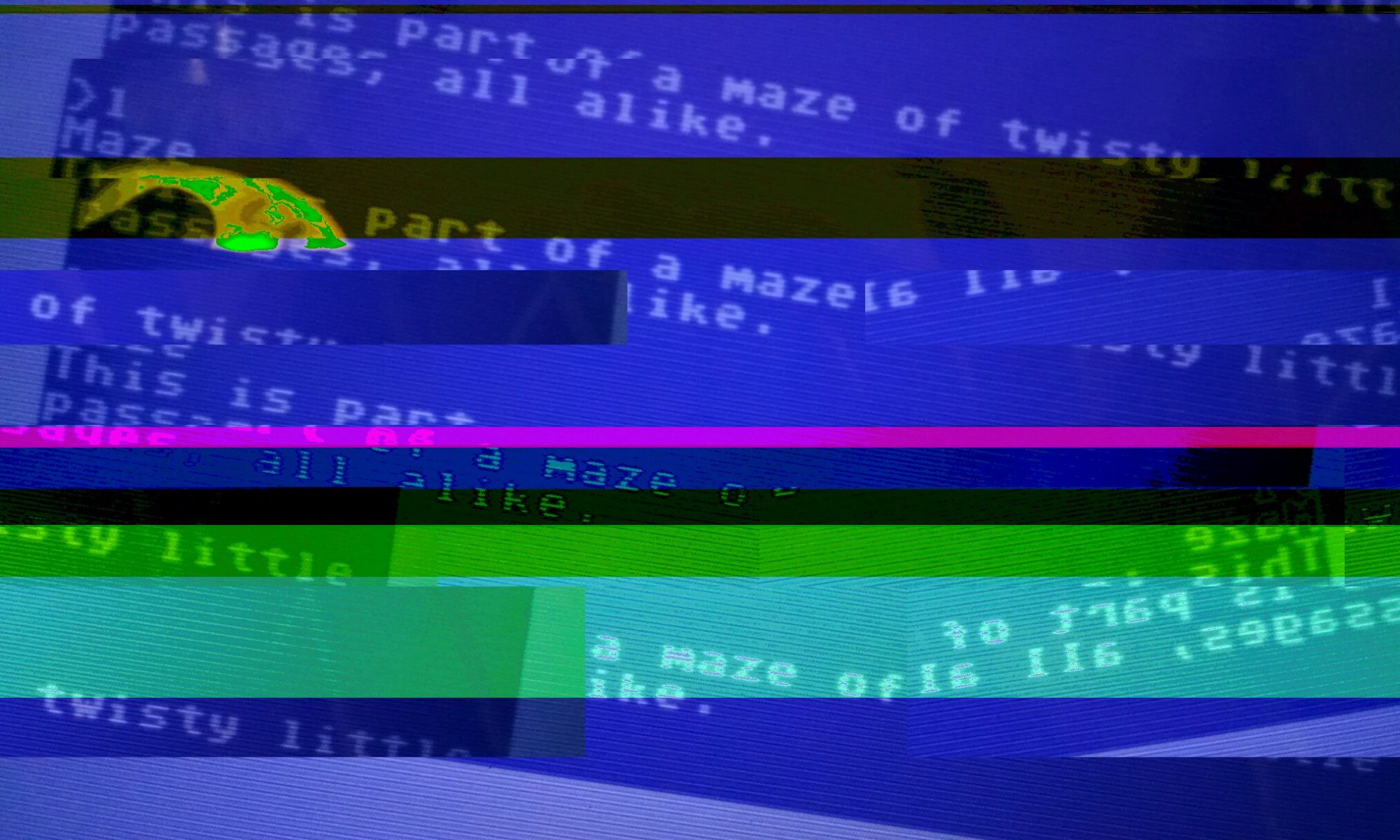Last semester I took a class on Posthumanism. It was one of the most thought-provoking classes I’ve ever taken, and forced me to question a lot of my deeply-held beliefs. The main questions of the class included “What does it mean to be human?” and “Is there even a universal definition of humanity?” I came out of the class with the conclusions of “I don’t know” and “Probably not,” which I think was likely the point. Nevertheless, I still believe there are a few characteristics that, while not entirely universal, are pretty emblematic of the human race. Among them is the ability to tell stories.

When I heard we would be studying computer-generated novels, I felt a little uneasy. If some form of artificial intelligence was capable of telling a story, would we have to consider it human? Would it be deserving of rights? It would raise some complicated ethical questions.
I was relieved (albeit a little disappointed) to see that these computer generated novels were not original works and lacked any narrative structure. They were created by copying existing works in the “cut up” method from Monday’s reading. Furthermore, they weren’t really stories, but rather loosely connected sentences amounting to around 50,000 words.
It appears that while people can program Twitter bots or write code that creates a “novel,” there is no true, original, or organic generation of stories or ideas from these machines.
I found the most interesting part of the novels we explored to be some of the images within Generated Detective. I love creepy, eerie, unsettling things, and I’ve included a few of my favorite images.


I looked at Generated Detective before I finished reading the article explaining the various novels, so initially, I thought a computer had selected these images. That was exciting! Could a computer understand what constitutes a creepy aesthetic, or at least be programmed to select creepy images? Upon reading the article, however, I realized that the programmer himself was the one who selected the images. So the most interesting, unsettling part of the work was curated by a human.
Since the time the article was published, he’s updated the code so that the computer automatically selects the images, but because those images are from the first few issues, I’m assuming, hopefully not erroneously, that they were selected in the human curation phase. I also assume this because the most recent issue, which I’m assuming has computer-selected images, is far less interesting.

I’m by no means trying to downplay what a feat of coding it is to create programs that generate these novels. But while they’re interesting from a technological and theoretical standpoint, they, in my opinion, lack any true literary merit. Storytelling, it would appear, still belongs exclusively to humanity.
I’m curious as to when (if ever) we will be able to create technology that can truly generate original stories. That may be a science fiction dream that cannot ever be realized. I don’t know enough about computer science to say. If we do, however, it will likely force us to expand or alter our definition of what it is to be human.
